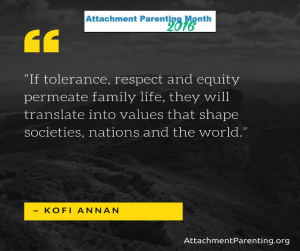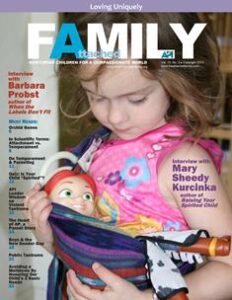Many of us living in westernized nations find ourselves in a mainstream culture that caters more to extroversion than introversion, as this NPR article points out about the U.S., despite that personality research reveals that the global population splits fairly evenly between a tendency toward introversion or extroversion.
 Extroversion and introversion are two of many character traits that are inborn – meaning an individual’s brain is hard-wired to gravitate toward more stimuli (extroversion) or less stimuli (introversion) to contribute toward their well-being. These character traits tend to gain attention when one of these temperament types is prized by the mainstream culture and the other is misunderstood.
Extroversion and introversion are two of many character traits that are inborn – meaning an individual’s brain is hard-wired to gravitate toward more stimuli (extroversion) or less stimuli (introversion) to contribute toward their well-being. These character traits tend to gain attention when one of these temperament types is prized by the mainstream culture and the other is misunderstood.
Sometimes, this NYT article points out, extroverts and introverts may find themselves in the same family. Misperception of the other temperament can create challenges in the family dynamic including in the quality of parent-child relationship.
Nurturing parenting means loving each of our children as individuals with unique character traits. This can be difficult to do in a mainstream culture that increasingly blames behavior on disorders and difficult temperament. “Difficult” and “different” are not synonymous with “disordered.”
 Among API’s resources is an issue of the Attached Family magazine, “Loving Uniquely,” which celebrates the differences between children and how parenting is rarely one-size-fits-all even within the confines of a family. We delve into temperament and how it intersects with parenting and the development of attachment style, and we challenge the notion that every hard-to-handle child needs a diagnosis.
Among API’s resources is an issue of the Attached Family magazine, “Loving Uniquely,” which celebrates the differences between children and how parenting is rarely one-size-fits-all even within the confines of a family. We delve into temperament and how it intersects with parenting and the development of attachment style, and we challenge the notion that every hard-to-handle child needs a diagnosis.
Gain online access to this print issue to read these features:
- “What is a Spirited Child?” with Dr. Mary Sheedy Kurcinka, author of Raising Your Spirited Child
- “The Orchid Child” with API’s Sheena Sommers looking at the research behind genetic susceptibility
- “Differences, Not Disorders” with Dr. Barbara Probst, author of When the Labels Don’t Fit
- “The New Gender Gap” with Drs. Betsy Gunzelman and Diane Connell discussing how boys are falling behind in our society
- “Avoiding a Meltdown” with API’s Leyani Redditi reminding parents of the most overlooked causes of tantrums
Plus:
- API’s Art Yuen reviews the research at the intersection of parenting and infant temperament
- Father of child temperament, Dr. Jerome Kagan, weighs in
- A quiz to parents on whether your child of any age is spirited
- API Leaders discuss how to handle a violent tantrum and the toddler who wants to touch everything
- Quick tips on dealing with public tantrums
- API’s Lisa Lord shares her personal story on raising a challenging child
- API’s Rita Brhel offers insight to food texture issues
- Results of API’s Reader Poll on child spiritedness
- Additional resources from around the world on loving our children uniquely

